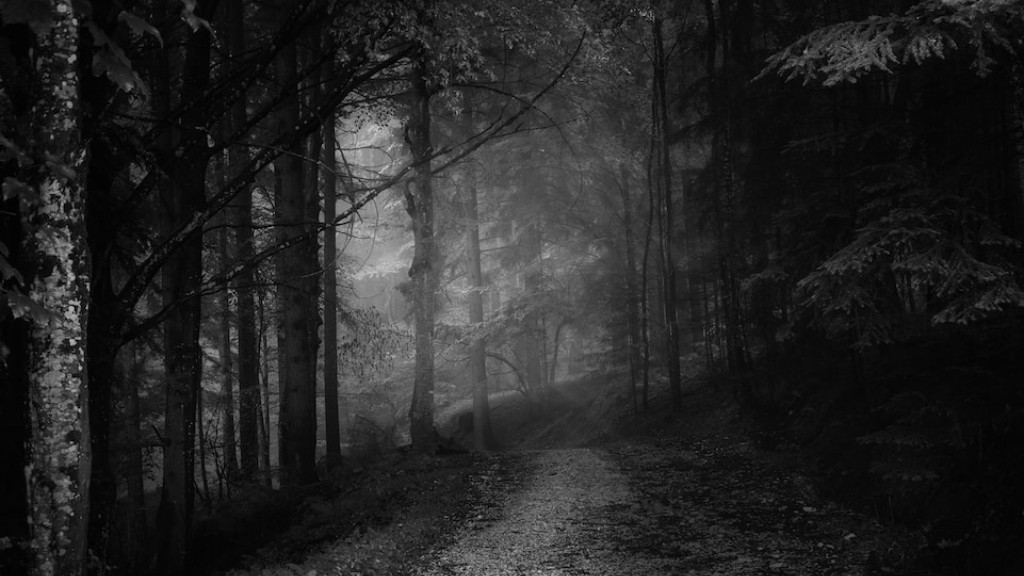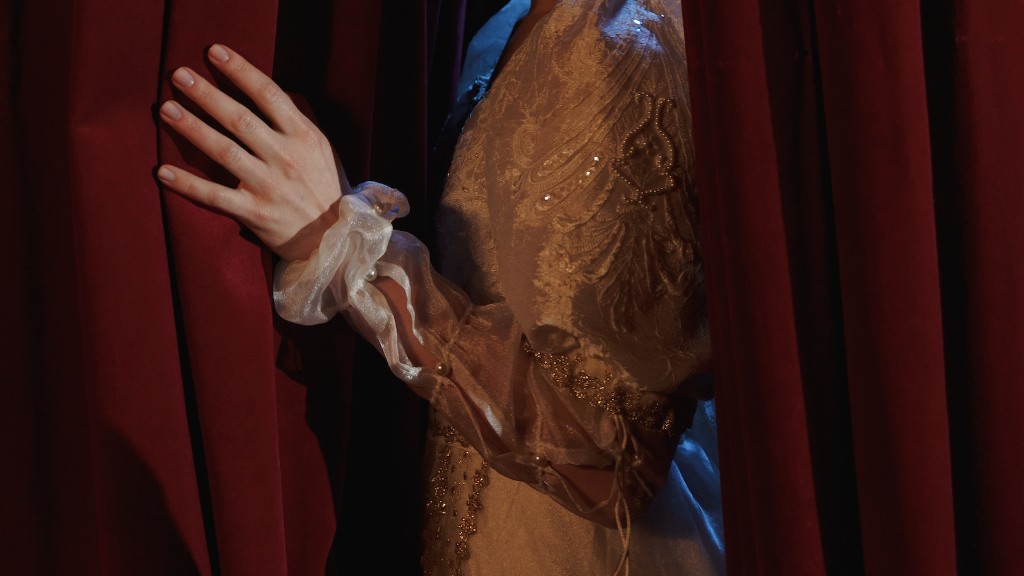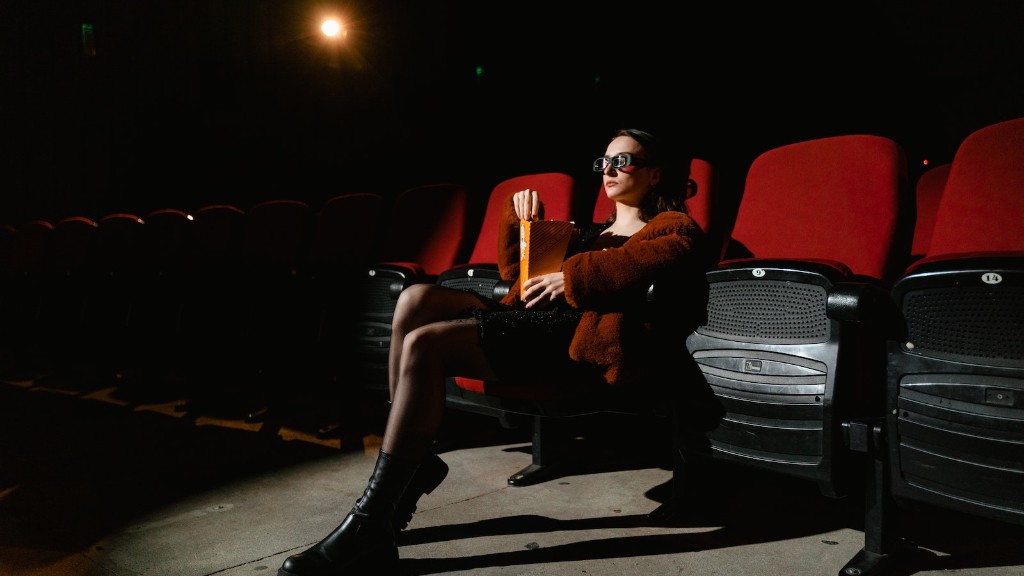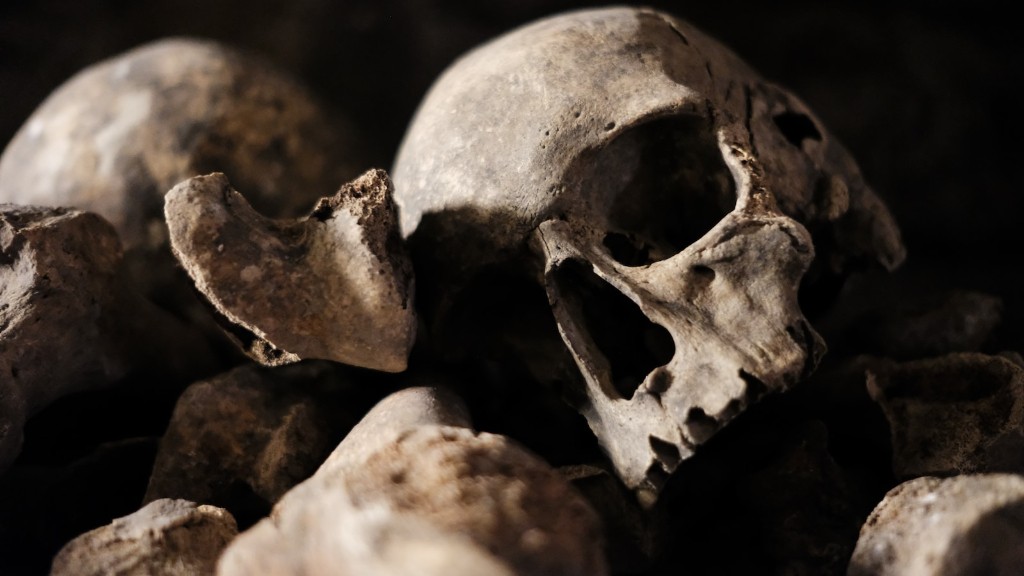Since the release of horror films such as “Night of the Living Dead” and “The Exorcist,” people have been flock to theaters to get a scare. But what are the effects of watching horror movies? Some believe that horror movies have a positive effect on the viewer, providing them with a release for their aggression. Others believe that horror movies are detrimental, causing nightmares and other sleep disorders. So what is the truth?
The effects of watching horror movies depend on the person. Some people might enjoy the feeling of being scared, while others might find it too intense and have nightmares. Some people may also become desensitized to violence after watching horror movies.
What effects do horror movies have on the brain?
The results of multiple studies have shown that watching scary scenes can increase the level of adrenaline in the brain, resulting in faster reaction times, better alertness, and improved concentration.
Horror movies can provide a way to release tension and anxiety for some people. They can be a way to safely feel scared in a controlled environment and enjoy the release of tension that comes after the movie is over.
Is it harmful to watch horror movies
Binge-watching horror movies has been shown to increase the regularity of adrenaline in the body, which can worsen issues with sleep. Research also suggests that binge-watching can be an obsessive and compensatory behavior.
There is no scientific evidence to support the claim that exposure to media, television, movies, or pictures can cause PTSD. However, some experts believe that exposure to media coverage of traumatic events may trigger symptoms of PTSD in some people. Symptoms of PTSD include: Re-experiencing the trauma through intrusive distressing recollections of the event, including flashbacks and nightmares. Avoidance of people, places, and activities that remind the person of the trauma. Negative changes in thinking and mood, including feeling hopeless, detached, or numb. Increased arousal, such as trouble sleeping, irritability, outbursts of anger, or being easily startled.
What psychology says about horror movies?
Horror entertainment can provide a thrilling and exciting experience for viewers. The fear and suspense that comes with watching a horror movie can help to trigger the fight-or-flight response, which can lead to a boost in adrenaline, endorphins, and dopamine. The brain can then process the surroundings and conclude that the experience is not a genuine threat. This knowledge of personal safety is one reason why horror fans habitually watch scary movies.
Horror is a genre that is often misunderstood. It is seen as dark, twisted, and full of violence. However, what people don’t realize is that horror is also exciting, and often has a greater build-up and impact than any other genre. Horror responds to human nature in a way that other genres don’t, and it is this that makes it so addictive. We all have a natural curiosity about the dark side of life, and horror allows us to explore this in a safe way. It is also fun to be scared, and to push ourselves to our limits. Sometimes we need something that we are told we can’t have, and horror provides us with this.
Is it mentally healthy to watch horror movies?
It is important to be mindful of what we are consuming visually, as it can have a negative impact on our mental health. If we are feeling anxious or panicked, it is best to avoid watching anything that could potentially trigger these unwanted thoughts and feelings. Additionally, it is important to be aware that our mental state can influence how we interpret sensory information. If we are feeling on edge, we are more likely to react negatively to stimuli, even if it is not a threat.
Watching scary movies may actually help people who suffer from anxiety. In one study, it was found that people who watched scary movies felt more in control of their anxiety. The study found that people who suffer from anxiety may get better at handling their anxiety by watching scary movies. This is because watching scary movies provides a sense of relief and control.
What does liking horror movies say about you
Some of the personality traits and cognitive/affective traits that have been implicated in horror preference and/or enjoyment of horror include sensation seeking, empathy, theory of mind, need for affect, the dark tetrad, and personality. Other individual differences include age and sex.
Sensation seeking is a personality trait characterized by a need for novelty, excitement, and Thrills. Empathy is the ability to understand and share the feelings of another. Theory of mind is the ability to understand the mental state of others. Need for affect is the need to experience strong emotions. The dark tetrad is a group of personality traits that includes narcissism, Machiavellianism, psychopathy, and sadism.
Age and sex are two other individual differences that have been implicated in horror preference and/or enjoyment of horror. Specifically, younger people and women tend to enjoy horror more than older people and men.
So, if you’re looking for someone who is likely to enjoy horror, look for someone who is young and female, and who has a personality that is characterized by a need for novelty, excitement, and Thrills.
Horror films are a popular movie genre, and there is some evidence that personality traits may be related to horror movie preference. In a study by Zuckerman and Little (1985), low neuroticism and high sensation seeking were found to be better predictors of horror movie preference. The present study investigates the connection between personality traits and preference for horror movie genre. Three hundred and sixty participants were asked to rate their preferences for different genres of movies, including horror. Results showed that low neuroticism and high sensation seeking were indeed associated with a preference for horror movies. These findings suggest that personality traits may play a role in determining one’s taste in films, and that horror fans may have some specific personality characteristics.
Why do I feel weird after watching horror movies?
When we’re watching scary movies, our sympathetic nervous system responds to the threat and throws us into the “fight or flight” response. This means that our brains release adrenaline, which prepares our bodies for stressful situations. We might experience a racing heart, sweating, and increased blood pressure. This response is natural and helps us to be alert and ready to face any danger.
The average heart rate of the subjects increased from 776 beats per minute when they were watching calm scenes in a film to 1101 beats per minute (419% increase) when they were watching scary scenes in the same film (Table 1). The results suggest that scary scenes in films can have a significant impact on heart rate. Future research should investigate whether this effect is specific to scary scenes or if other types of emotionally-arousing scenes have a similar effect.
What is the most traumatizing horror movie
Horror fans are always looking for the next big scare, and sometimes that means going to some pretty dark places. These 32 horror movies are so disturbing and disgusting that you’ll never be able to unsee them. From body horror to brutal violence, these are the movies that will stay with you long after the credits have rolled.
Addiction to trauma is a real phenomenon that is tied up in biology. That is, the films rev up the body’s sympathetic nervous system, inducing stress and anxiety. In some, the stress is a welcome thrill. The payoff comes when the movie is over.
Why do I feel depressed after watching a horror movie?
Cinematic neurosis is a rare phenomenon in which distress from watching horror films results in a need for psychological intervention.
Horror fans can generally be classified into three groups: adrenaline junkies, white knucklers, and dark copers.
Adrenaline junkies get a rush from the intense experiences found in horror, and often use the genre as a way to escape from the mundane aspects of their lives.
White knucklers are those who enjoy the suspense and tension of horror, but are generally repulsed by the gorier aspects of the genre. They tend to prefer films that are more psychological in nature.
Dark copers are a newer group of horror fans who use the genre as a way to deal with their own personal anxieties and fears. They tend to find comfort in films that deal with topics that are psychologically disturbing.
Conclusion
There is no one answer to this question as different people will have different reactions to watching horror movies. Some people may enjoy the suspense and adrenaline-pumping feeling that comes with being scared, while others may find the experience to be too stressful and upsetting. Some common effects that have been reported include feeling more anxious and jumpy, having trouble sleeping, and feeling more on edge. Some research has also suggested that there may be a link between watching horror movies and developing PTSD, although more studies are needed to confirm this.
The effects of watching horror movies are both mental and physical. Horror movies have been shown to cause increased levels of anxiety, insomnia, and even depression in some cases. They can also trigger physical reactions such as increased heart rate and sweating. In some extreme cases, people have even experienced seizures after watching horror movies.



